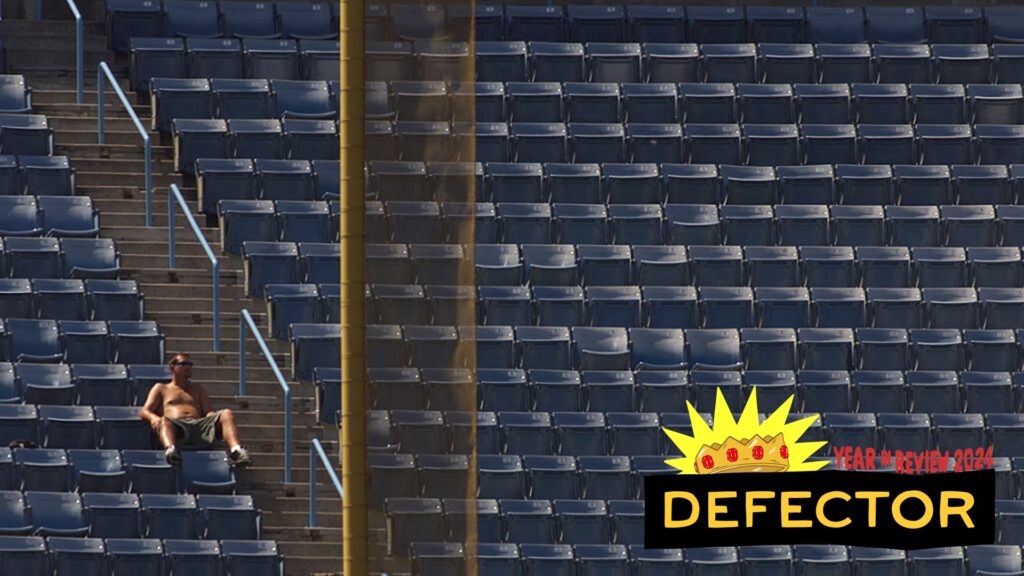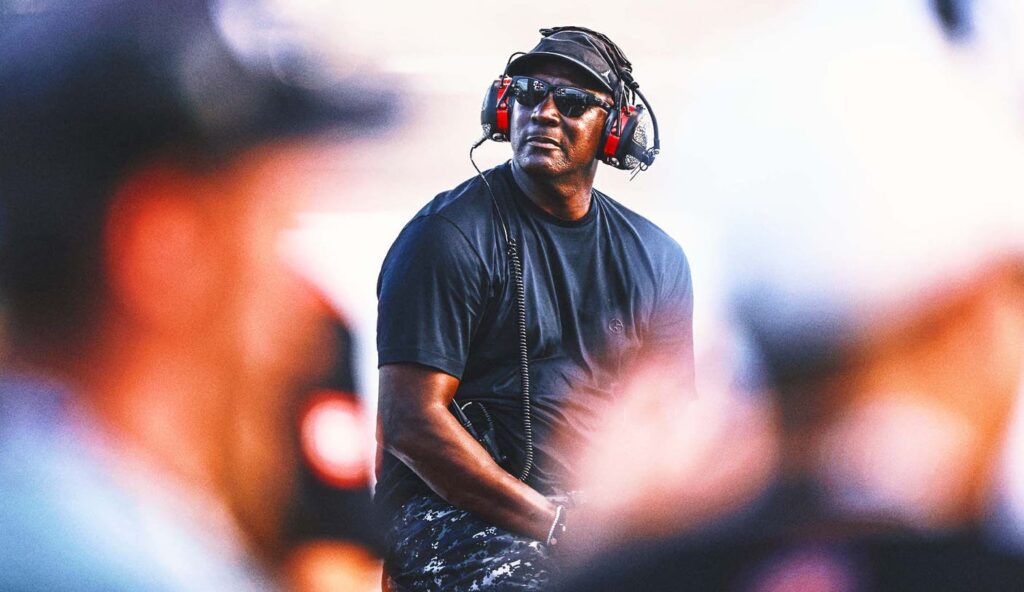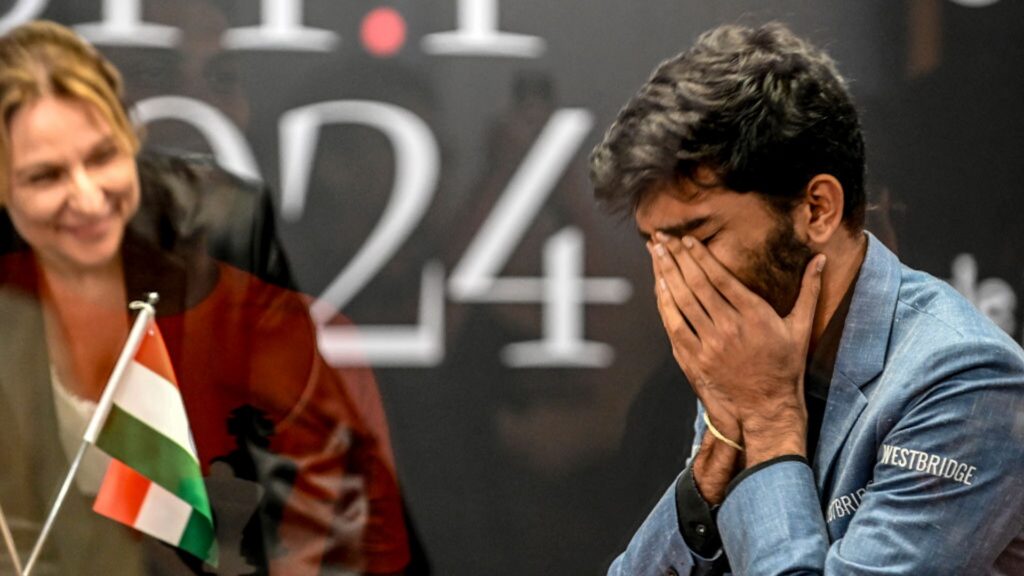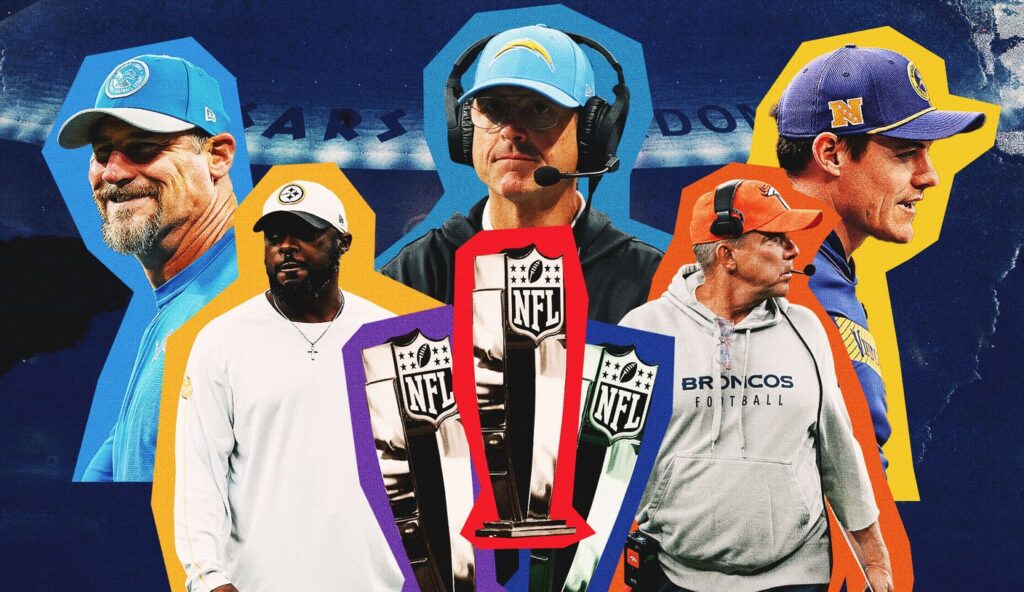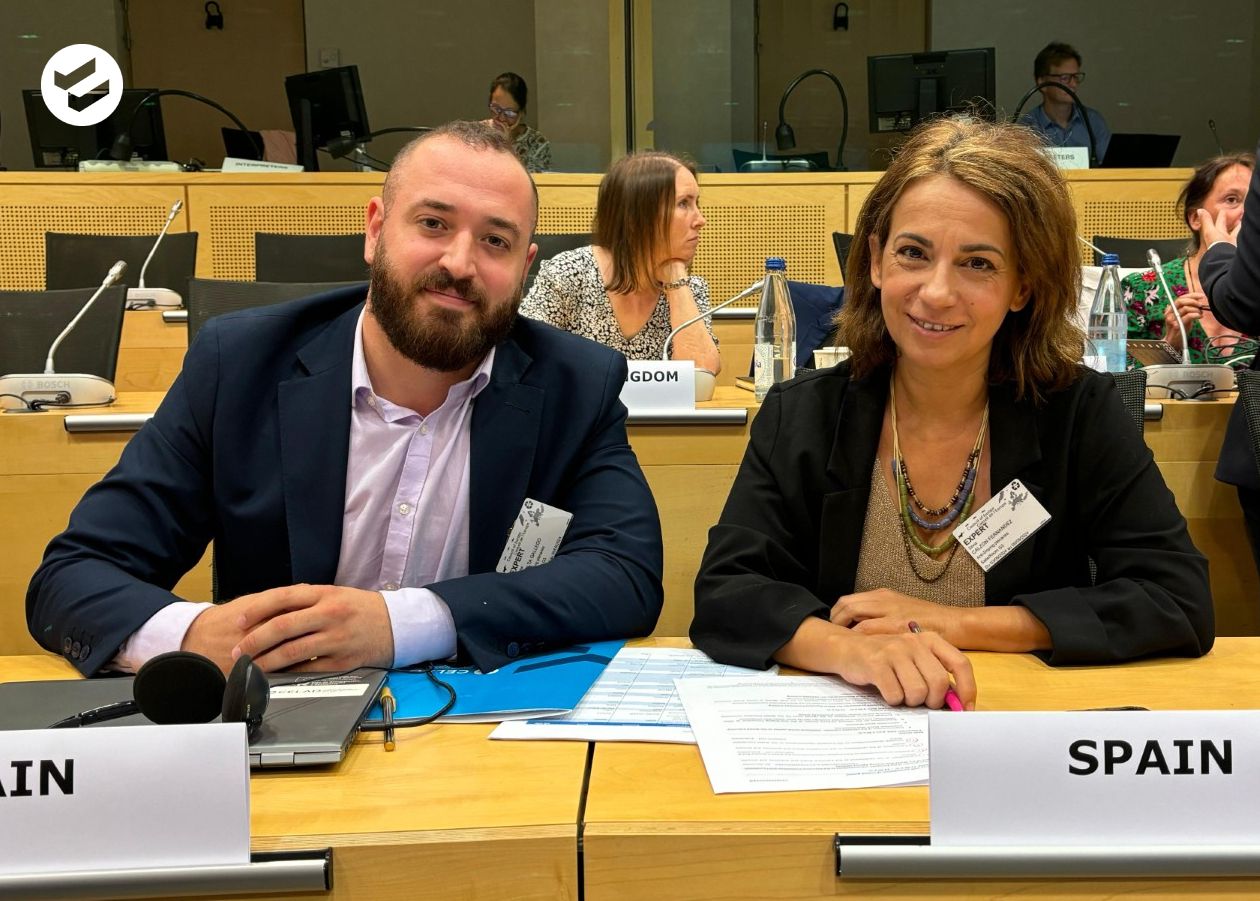
Spain’s anti-doping agency, CELAD, has come under serious scrutiny over the past 18 months after a series of incidents of malpractice were uncovered. At one point he even threatened the participation of Spanish athletes in the Paris 2024 Olympic Games.
In football, the most notorious case is that of Alejandro ‘Papu’ Gómez, the former Sevilla player who tested positive for a banned substance in 2022. Months later he would go on to win the World Cup with Argentina, as the investigation progresses. in process, and has since been suspended for two years from football. Gomez still maintains his innocence and says he unknowingly ingested the substance as medicine.
According to Relevo, between 2017 and 2021, CELAD filed 11 cases related to positive tests of footballers without opening an investigation. The reason given was a ‘medical justification’ of the positive substance, after the opening of the initial file, and it was accepted by CELAD without further questions. The cases were archived, and for all intents and purposes, it did not occur, a practice that is not permitted by the protocol.
In a sixth case, involving Rayo Vallecano forward Raúl de Tomás, an investigation was opened and the result was considered to be contamination of the sample in 2017. He was given a symbolic punishment of a one-month suspension and a fine. of 3,000 euros. when the stipulated sanction is a four-year disqualification.
One of the archived cases refers to then Almería midfielder Yan Eteki in 2017, to whom Almería medical staff administered Betamethasone without requesting special medical permission for its use. That case was one of those filed without following the protocol.
Over the past year, the World Anti-Doping Agency (WADA) has been working with CELAD to improve practices, with the latter working to demonstrate that they meet the standards required by WADA.

 Workout
Workout
 Meditation
Meditation




 Contact Us
Contact Us



